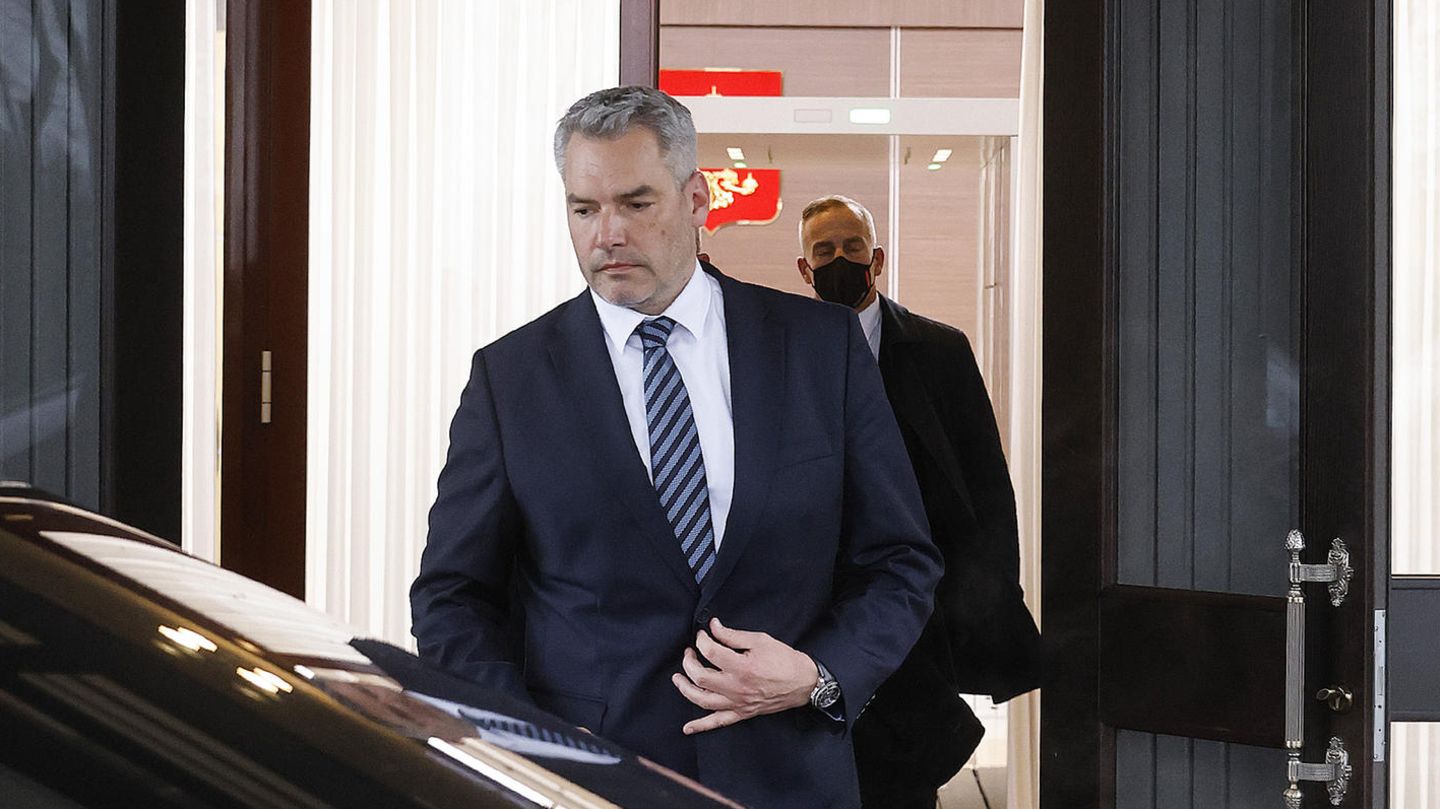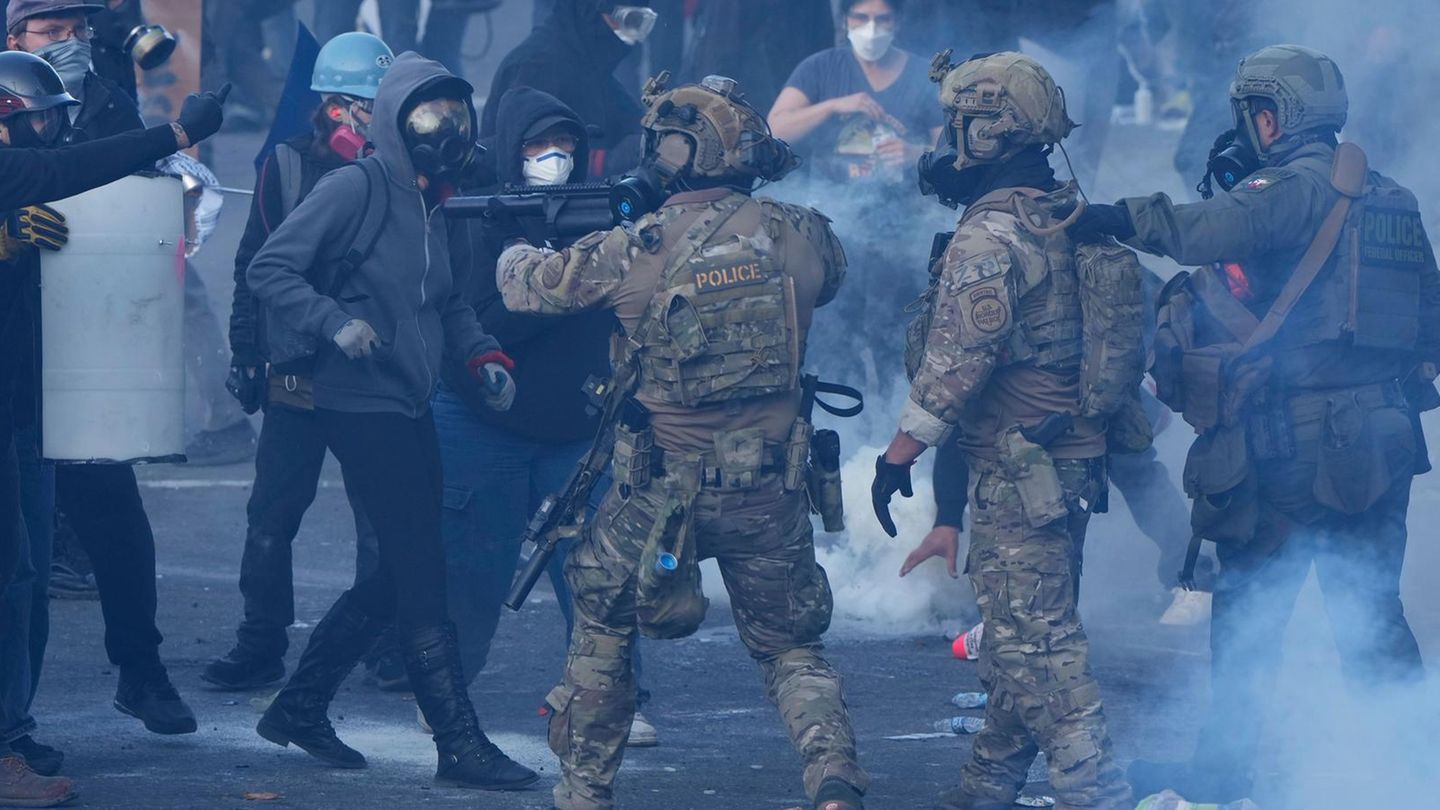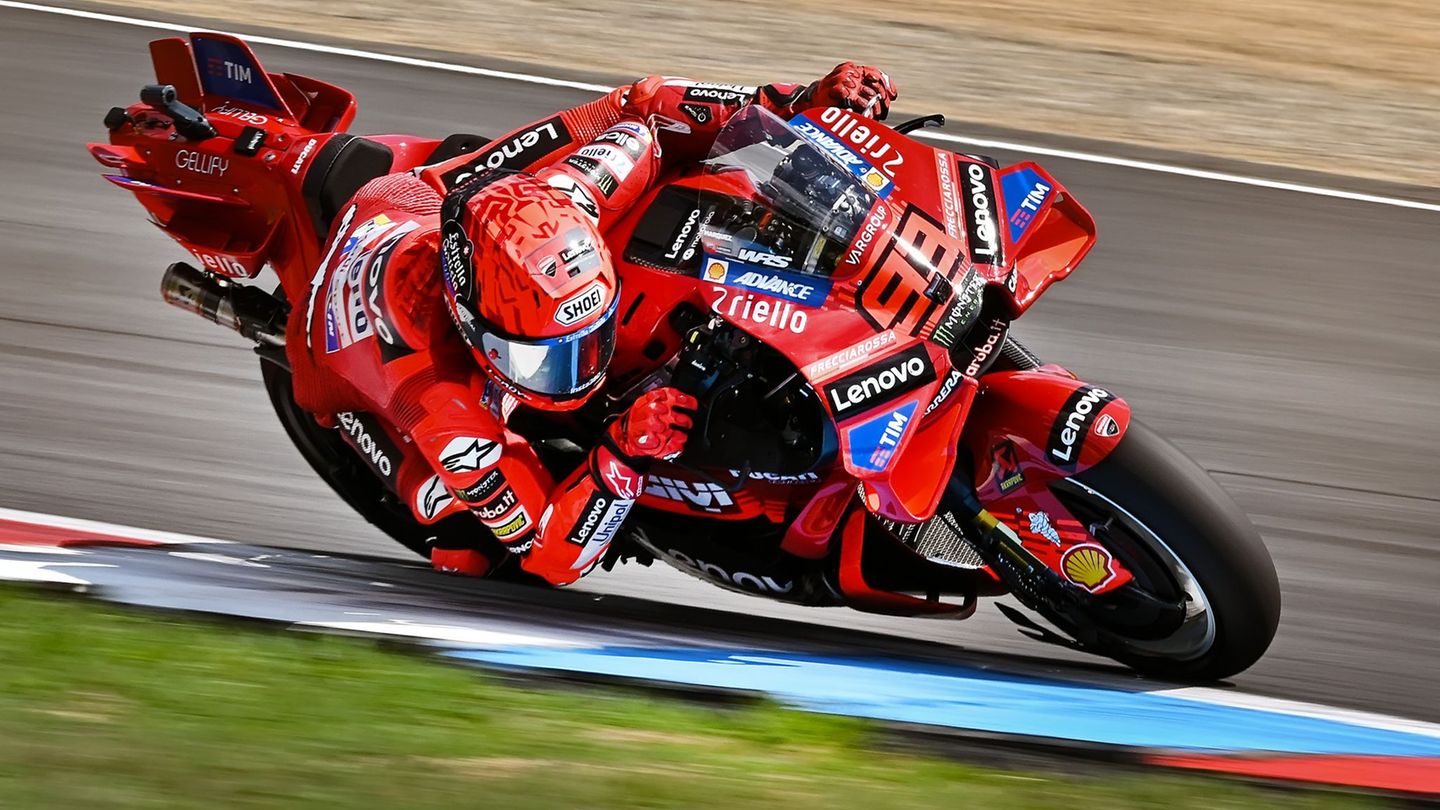He did not have an “optimistic impression,” said Austria’s Chancellor Karl Nehammer after his meeting with Vladimir Putin. A major offensive is imminent. But it is important to confront Putin with “our point of view”.
After the experiences of the past few weeks, no one expects that talks at the highest political level will at least stall the fighting in Ukraine. And so Russia’s rocket attacks in Ukraine continued unabated on the day of Austria’s Chancellor Karl Nehammer’s visit to Moscow with Kremlin chief Vladimir Putin. Nehammer’s message to the Russian President seemed all the more urgent: “My most important message to Putin was that this war must finally end, because in a war there are only losers on both sides,” stressed the Chancellor after the hour-long meeting.
The first visit by an EU head of government to Moscow since the outbreak of war was followed nationally and internationally with great attention and plenty of skepticism. Nehammer emphasized all the more how important he considers the one-to-one conversation as a “format” with direct contact compared to telephone calls. “It is important to confront him with our point of view,” said the Chancellor after the meeting at the Austrian embassy in Moscow. Between the lines, there was a hint that this might be withheld from Putin. “I made it clear that his position on the war is not shared in any way, not even remotely,” said Nehammer, and that there was no sympathy for the portrayal that Russia wanted to protect itself from threats.
Karl Nehammer: “There is no alternative but to seek talks with Russia”
So far, there has been no reaction from the Kremlin. Putin had previously sent no signals of understanding; it was also not to be expected that insight would be shown immediately, according to Nehammer. “The talks with President Putin were very direct, open and tough.” He didn’t get an “optimistic impression”. A new major offensive in eastern Ukraine is being “massively prepared”. And: “The battle will be fought with vehemence.” Nehammer emphasized that he had insisted that the corridors for the evacuation of the civilian population must be kept all the more stable. Putin blamed Ukraine for failing to do this.
He also addressed the serious war crimes in Bucha and other places and made it clear that sanctions would be tightened as long as people were dying in Ukraine, Nehammer said. Kyiv accuses Russia of chaotic and indiscriminate bombing. The military leadership in Moscow rejects this. At least there was an opportunity to hear each other’s perspectives. “There is no alternative for me to seek direct talks with Russia, despite all the differences,” said Nehammer. That must also be repeated. It was “passionately” discussed that all war crimes had to be solved by international institutions based on the model of the Yugoslav wars. Nehammer summarized that Putin distrusts the international community and criticizes it for being one-sided. The two politicians met at Putin’s Moscow suburban residence in Novo-Ogaryovo.
No meeting without Zelenskyy’s consent
Nehammer met the Ukrainian President Volodymyr Zelenskyj in Kyiv on Saturday – and informed him of his plan. According to the Vienna Chancellery, Berlin and Brussels also knew. Federal Chancellor Olaf Scholz welcomed Nehammer’s trip. “All diplomatic efforts aimed at bringing the hostilities in Ukraine to an end and at creating the basic conditions for negotiations between Ukraine and Russia are approved,” he said in Berlin. At the moment he has “no plans” to travel to Moscow.
Accordingly, after the meeting with Putin, Nehammer emphasized that there was no “talk embargo,” otherwise he would not have sought the meeting with the Russian president. And: “If President Selenskyj had objected, I wouldn’t be here,” emphasized Nehammer.
Austria: private discussion without media
Austria’s Foreign Minister Alexander Schallenberg defended the meeting in Moscow against criticism beforehand. “The point is simply that we (…) must seize every opportunity to end the humanitarian hell in Ukraine,” he said on the sidelines of a meeting of EU foreign ministers in Luxembourg. “Any voice that makes it clear to President Putin how reality really is outside the walls of the Kremlin is not a lost voice.” Regarding fears that Putin could use pictures from the meeting for his own purposes, Schallenberg said that the visit had been discussed in such a way that there would only be a one-on-one meeting without the media.”
“Trap or coup?” The “Kronen Zeitung” in Austria asked an obvious question in view of Nehammer’s visit. And: Little Austria of all people wants to play a diplomatic role in one of the biggest crises since the Second World War?, many asked themselves. The diplomatic treasure that Vienna could use in this case is its military neutrality and its traditionally good relations with Moscow. Vienna likes to see itself in the role of bridge builder. Nehammer wanted to use this image and drive the dialogue forward. Personal diplomacy instead of phone calls is his motto. In addition to Turkey and Israel, Austria could position itself as another possible mediator country – according to the plan.
Austria’s chancellors repeatedly courted the head of the Kremlin
For decades, Vienna maintained a very close relationship with Moscow. The Austrian energy group OMV concluded its first natural gas supply contract with the former Soviet Union more than 50 years ago. Today, 80 percent of the gas comes from Russia, which severely limits the country’s room for manoeuvre.
Again and again, top Austrian politicians courted the boss in the Kremlin. The ex-Chancellors Christian Kern (SPÖ) and Wolfgang Bowl (ÖVP) got jobs on the supervisory boards of top Russian companies – which they gave up in view of the Ukraine war. Headlines were made by Putin’s private visit in 2018 to the wedding of then Foreign Minister Karin Kneissl, who thanked her with a curtsey.
Expert: Moscow knows that Austria has no weight in the EU
Austria has currently supported all EU sanctions, but has not additionally hardened the fronts in its own way. It was only after some hesitation that Vienna expelled a few Russian diplomats. Austria’s leading Russia expert, Gerhard Mangott, was skeptical about Nehammer’s move. “Even in Moscow, people know that little Austria has no weight in influencing the formation of opinions on Russia in the European Union,” Mangott said on Sunday evening on ORF television.
Source: Stern
David William is a talented author who has made a name for himself in the world of writing. He is a professional author who writes on a wide range of topics, from general interest to opinion news. David is currently working as a writer at 24 hours worlds where he brings his unique perspective and in-depth research to his articles, making them both informative and engaging.




